Why the world is about to be swamped with AI PCs
With adoption rates set to surge, AI PCs will become far more mainstream in years to come
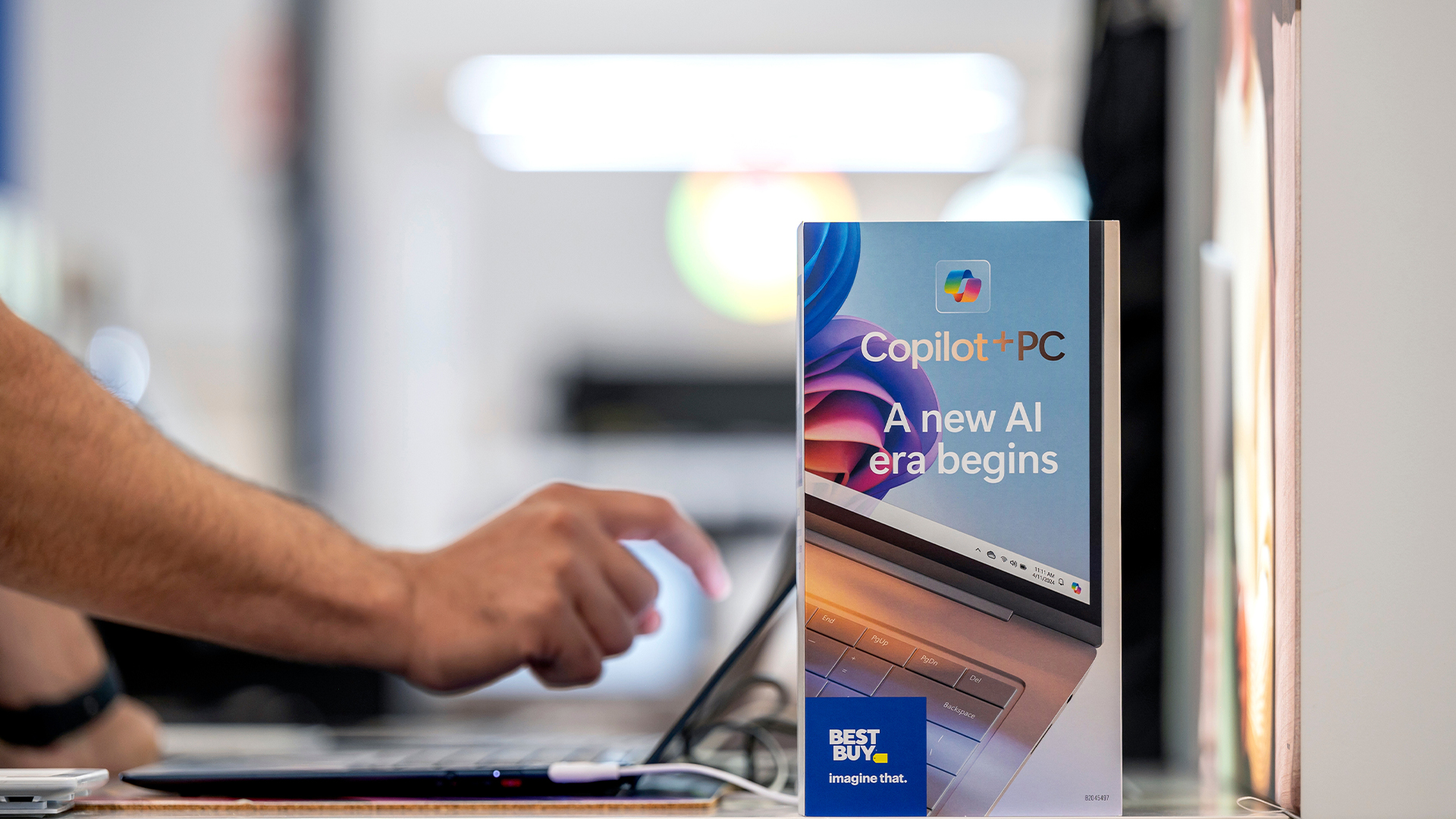

AI PCs are set to make up the majority of all computers sold by 2027, according to new research, with adoption rates expected to surge in the coming years.
The PC market has largely stalled in recent years, with manufacturers experiencing a severe drought in consumer and enterprise demand, though that looks set to change.
Research earlier this year predicted a slight increase in sales thanks to a looming Windows refresh as Windows 10 hits end of support next year as well as the rise of AI PCs.
Now, research by AltIndex.com using data from Statista and Canalys shows that six-in-ten of all PCs sold by 2027 will be AI PCs. That's three-times more than are expected to be sold this year.
This uptick will be driven by manufacturers pushing AI PCs as their top-of-the-line products, the study noted, as well as their utility in industries relying on edge computing.
"Many consumers and businesses also turn to AI PCs for enhanced productivity and to handle tasks like machine learning, data analysis, and creative work more efficiently," a post from AltIndex.com added.
"The rise of generative AI applications has also fueled demand for these devices. With more and more users searching for an AI-enhanced PC, their annual shipments will skyrocket in the following years."
Sign up today and you will receive a free copy of our Future Focus 2025 report - the leading guidance on AI, cybersecurity and other IT challenges as per 700+ senior executives
The data suggested AI PCs would make up a fifth of total PC sales this year, tripling to 60% by 2027 and topping 205 million by 2028.
What is an AI PC and why are they all the rage?
While there's debate, the simple definition of an AI PC is one that features dedicated hardware to run AI systems.
Microsoft defines it as a PC running a neural processing unit (NPU), which imitates the brain's neural network structure to run AI applications and tasks more efficiently, while leaving your CPU and GPU to handle the rest of your computing.
AltIndex points to Lenovo's Yoga Book 9i — released last year — as the first "AI-enhanced PC", but notes that AI accelerators and other hardware have since been integrated into the designs of many more PC manufacturers.
To be clear, most laptops will be perfectly fine running the current generation of AI, such as using AI-based software or tools, or solutions like Microsoft Copilot — you don't need anything special to access ChatGPT, for example.
Indeed, Microsoft doesn't specify any hardware requirements to run Copilot 365 at the moment, though there are licensing and software that must be in place first.
So why is Microsoft offering PCs designed for AI? To run more advanced Copilot+ PCs "experiences" — which includes controversial Windows Recall, for example — a computer needs 256GB storage, 16GB RAM, and a compatible processor or system on a chip.
So far, this only includes the Snapdragon X Plus or the Snapdragon X Elite. Other AI PC chips could include AMD's Ryzen AI 300 or Intel's Lunar Lake while Apple is working on its own in-house hardware, according to AlphaSense.
"The Copilot+ PC features are more than just apps," Microsoft says on its website. "They are advanced AI capabilities that require a Neural Processing Unit (NPU) with 40+ TOPS to work as intended. Without an NPU, these features, such as Paint Cocreator or all Windows Studio Effects, may not function properly or at all."
This all suggests that, going forward, such specs are what will become the minimum for running AI tools — and that means, assuming AI takes off, that ‘AI PCs’ will soon simply become PCs.
Freelance journalist Nicole Kobie first started writing for ITPro in 2007, with bylines in New Scientist, Wired, PC Pro and many more.
Nicole the author of a book about the history of technology, The Long History of the Future.
-
 Trump's AI executive order could leave US in a 'regulatory vacuum'
Trump's AI executive order could leave US in a 'regulatory vacuum'News Citing a "patchwork of 50 different regulatory regimes" and "ideological bias", President Trump wants rules to be set at a federal level
-
 TPUs: Google's home advantage
TPUs: Google's home advantageITPro Podcast How does TPU v7 stack up against Nvidia's latest chips – and can Google scale AI using only its own supply?
-
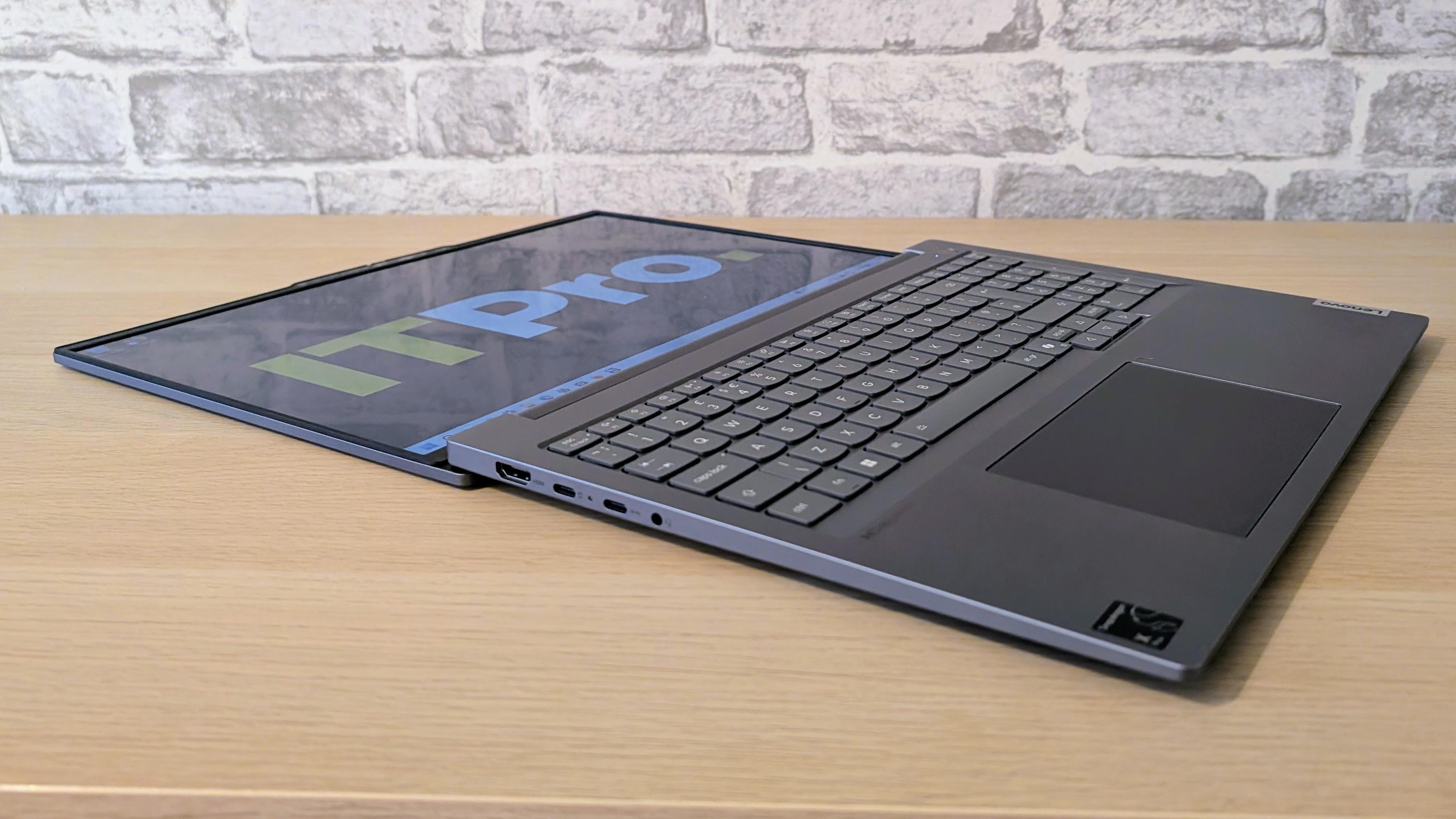 The Lenovo ThinkBook 16 Gen 7 is an affordable business laptop with the best battery life in the world
The Lenovo ThinkBook 16 Gen 7 is an affordable business laptop with the best battery life in the worldReviews The combination of a high-capacity battery, an efficient Snapdragon chipset, and a low price makes the ThinkBook 16 Gen 7 an easy recommendation
-
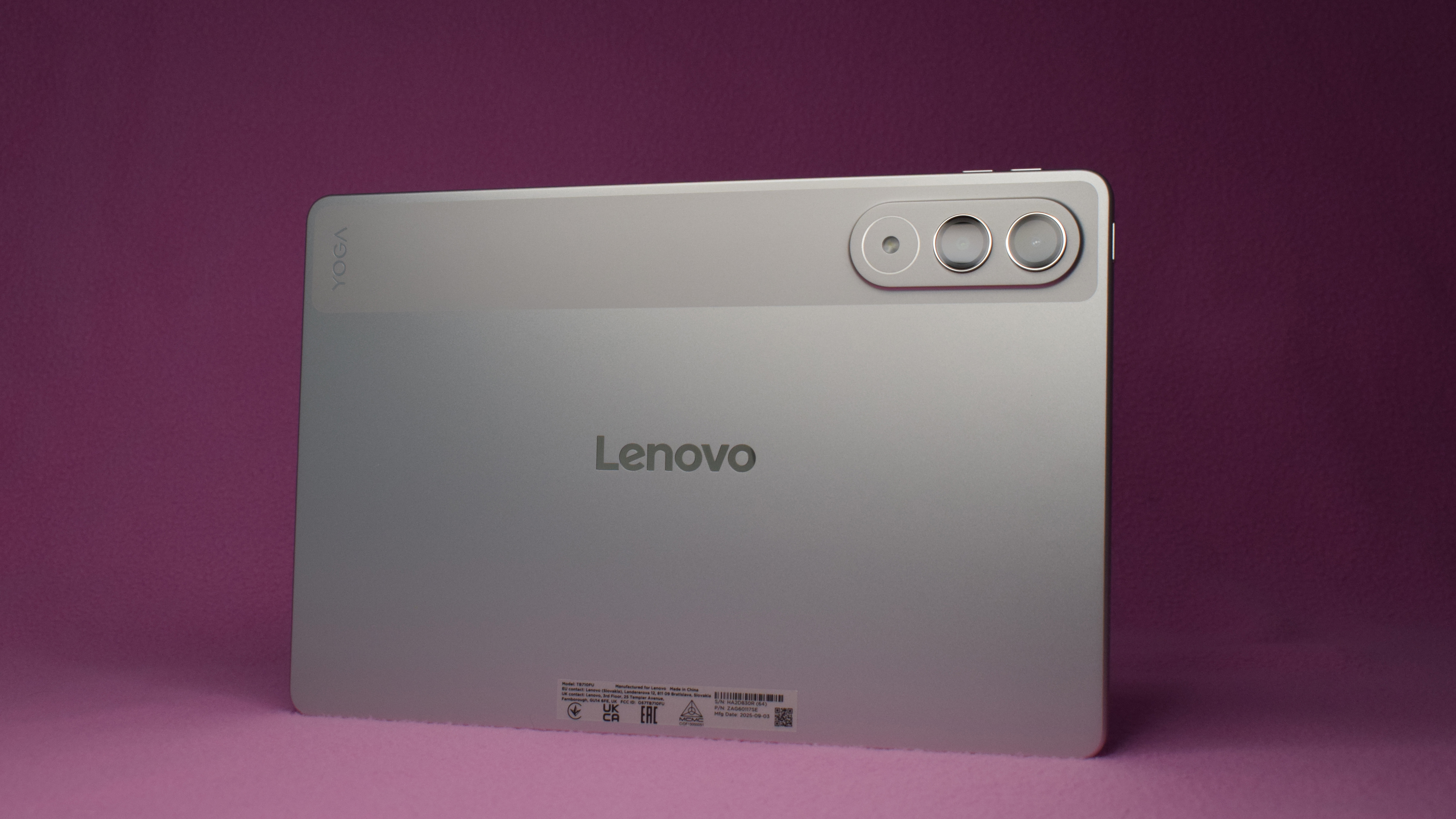 The Lenovo Yoga Tab 11.1in is a run-of-the-mill tablet – but you'll love what you can do with its stylus
The Lenovo Yoga Tab 11.1in is a run-of-the-mill tablet – but you'll love what you can do with its stylusReviews A small tablet for taking notes, or an aid for presentations, the Yoga Tab is an affordable yet innovative little slab of technology
-
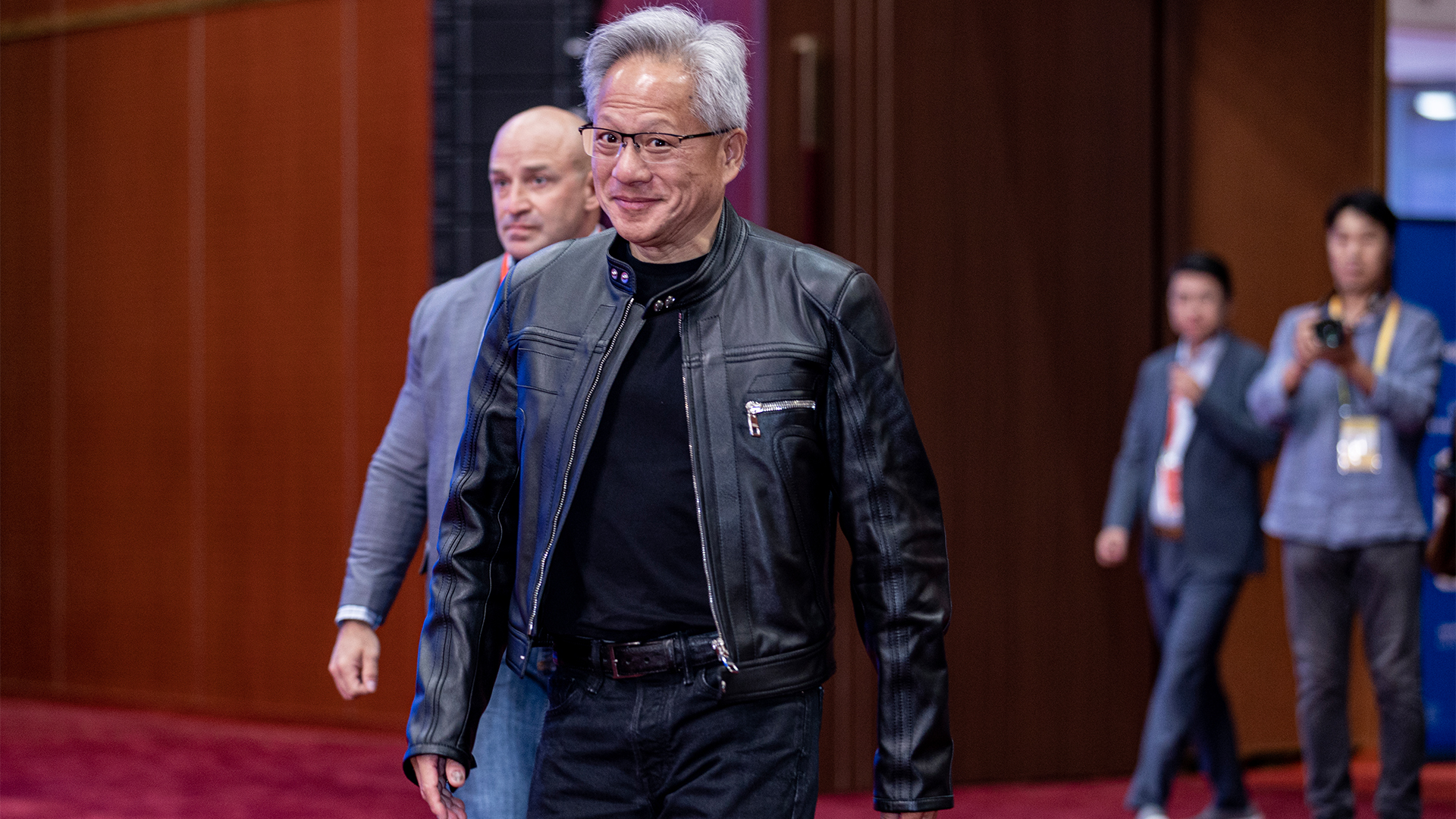 Nvidia’s Intel investment just gave it the perfect inroad to lucrative new markets
Nvidia’s Intel investment just gave it the perfect inroad to lucrative new marketsNews Nvidia looks set to branch out into lucrative new markets following its $5 billion investment in Intel.
-
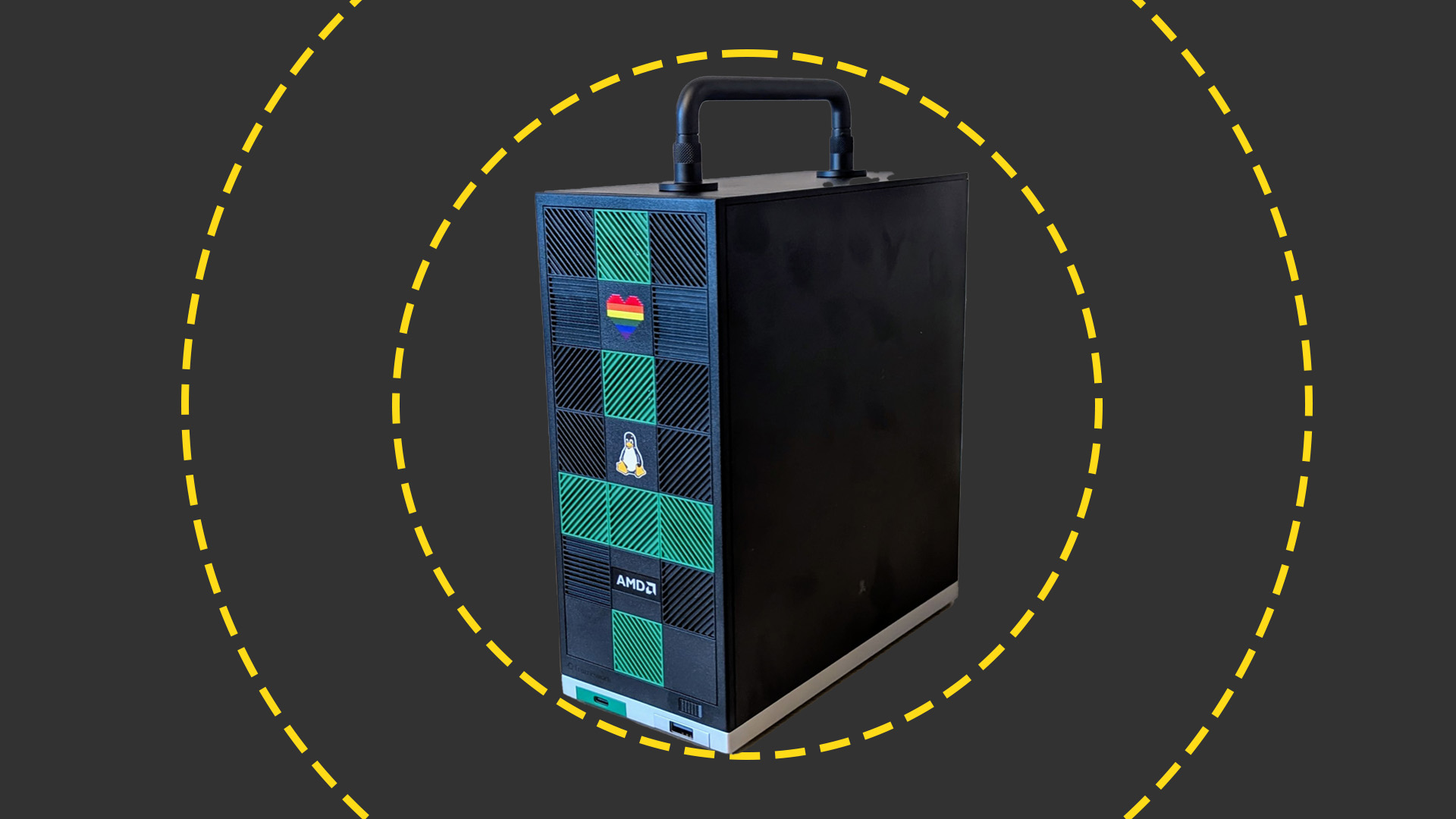 Framework Desktop review: Modular design and ferocious AMD performance
Framework Desktop review: Modular design and ferocious AMD performanceReviews AMD's Ryzen Max CPUs debut in Framework's impressive modular self-build small-form desktop PC
-
 The US government's Intel deal explained
The US government's Intel deal explainedNews The US government has taken a 10% stake in Intel – but what exactly does the deal mean for the ailing chipmaker?
-
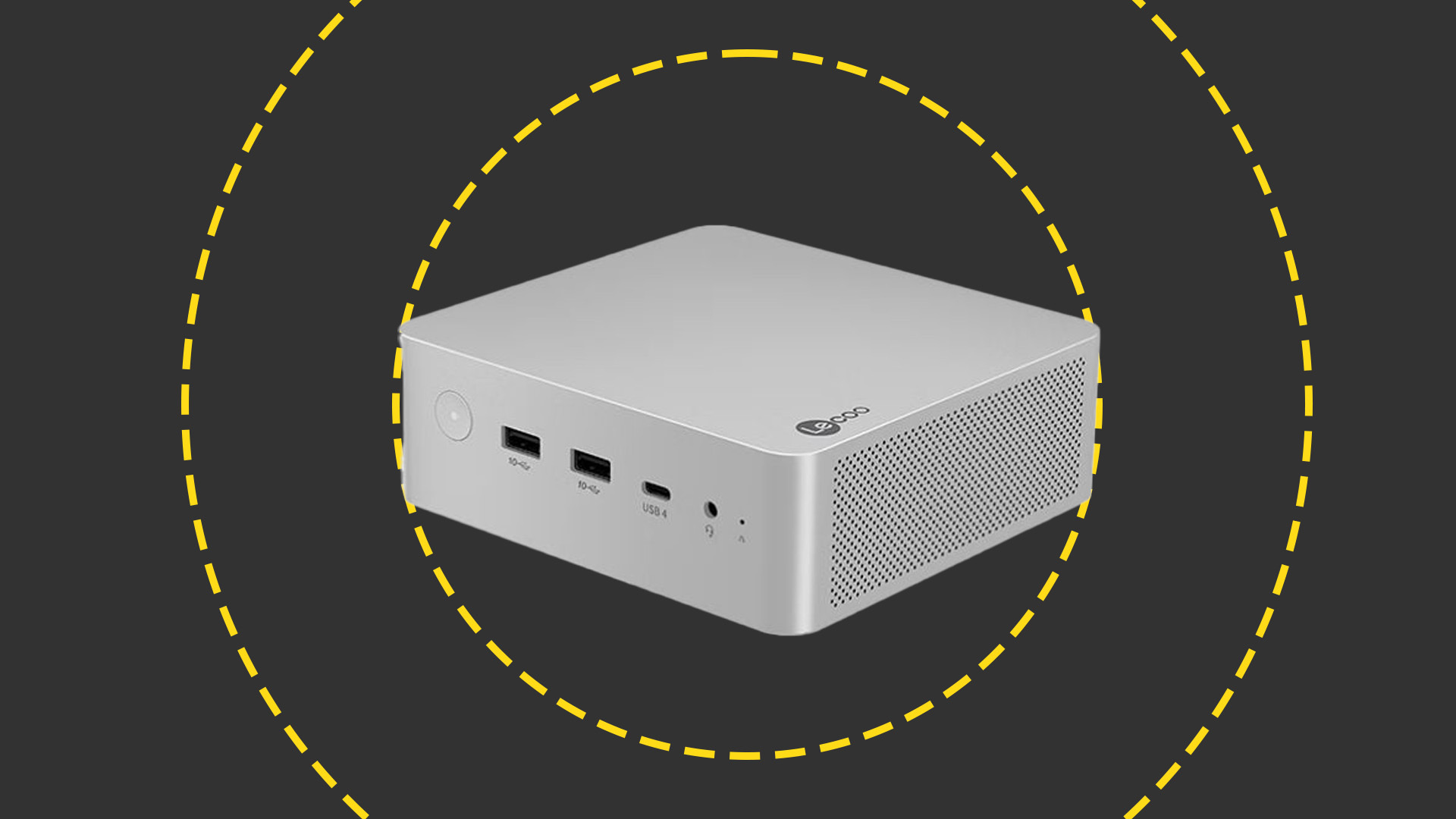 This powerful new mini PC from Lenovo’s Lecoo brand is a great option for remote workers and SMBs on a budget
This powerful new mini PC from Lenovo’s Lecoo brand is a great option for remote workers and SMBs on a budgetNews The Lecoo Mini Pro is a compact, powerful bit of kit for home office workers
-
 US government could take stake in Intel as chip giant's woes continue
US government could take stake in Intel as chip giant's woes continueNews The move would see increased support for Intel’s manufacturing operations
-
 Dell says Windows 11 migration is a prime opportunity to overhaul ageing PC fleets – and AI devices are in the spotlight
Dell says Windows 11 migration is a prime opportunity to overhaul ageing PC fleets – and AI devices are in the spotlightNews The shift to Windows 11 means IT leaders can ditch old tech and get their hands on AI PCs
